Rubber soles are soles made of rubber, which can be divided into natural rubber or synthetic rubber. The advantage of natural rubber is that it is very soft and flexible and can be used for a variety of sports and shock absorption, but the disadvantage is that it is not very hard-wearing. Indoor sports shoes are mostly made of natural rubber.

Chinese name: rubber sole
Material: rubber
Nature: Shoe sole
Classification: Natural rubber or synthetic rubber
6835.jpg
Catalogue
1 Synthetic rubber
2 Details
(1) Wear-resistant rubber
(2) Environmentally friendly rubber
(3) Airborne rubber
(4) Sticky rubber
(5) Hard rubber
(6) Carbonized rubber
7877.jpg
Synthetic rubber
Synthetic rubber is subdivided into abrasion resistant, eco-friendly, air, sticky, hard and carbonized rubber.

Detailed description
(1) Wear-resistant rubber
Abrasion resistant rubber is very durable due to its excellent abrasion resistance and toughness, and is generally used on the outsoles of tennis shoes.
(2) Eco-friendly rubber
Also known as recycled material rubber, this rubber outsole contains up to 10% recycled rubber, the main purpose of which is to protect the environment.
(3) Air rubber
The rubber contains air and has some shock absorption, but is not very hard-wearing and not very versatile.
(4) Sticky rubber
Sticky rubber is characterised by its flexibility and is very non-slip, and is generally used for indoor sports shoes.

(5) Hard rubber
Hard rubber is the most versatile of the rubber outsole materials, being tough, non-slip and very hard-wearing, so it is naturally very versatile. Most multifunctional shoes and basketball shoes use this type of rubber for their outsoles.
(6) Carbonized rubber
Most running shoes use this type of rubber, and the letters BRS are left on the back of the sole to indicate the use of carbonized rubber in the outsole.





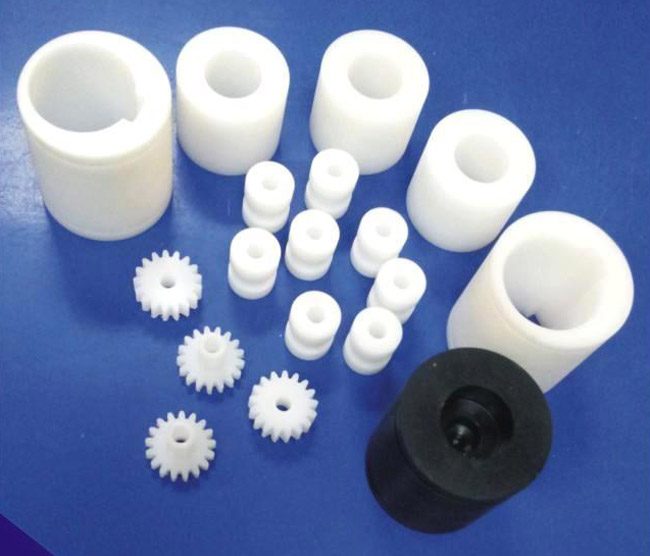
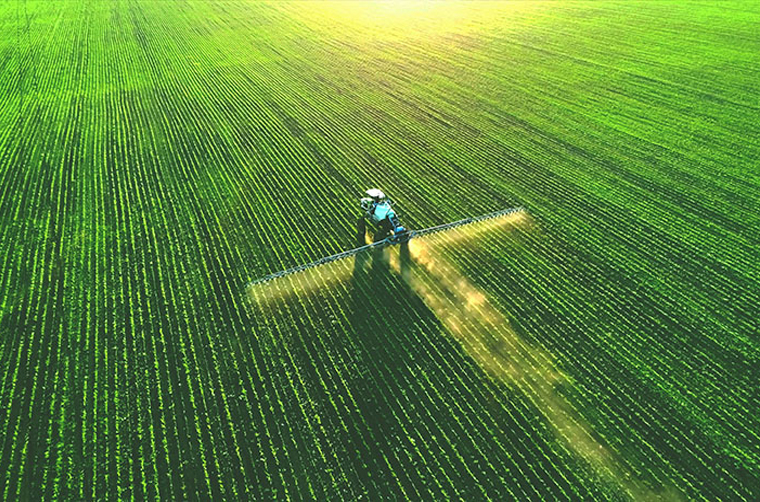

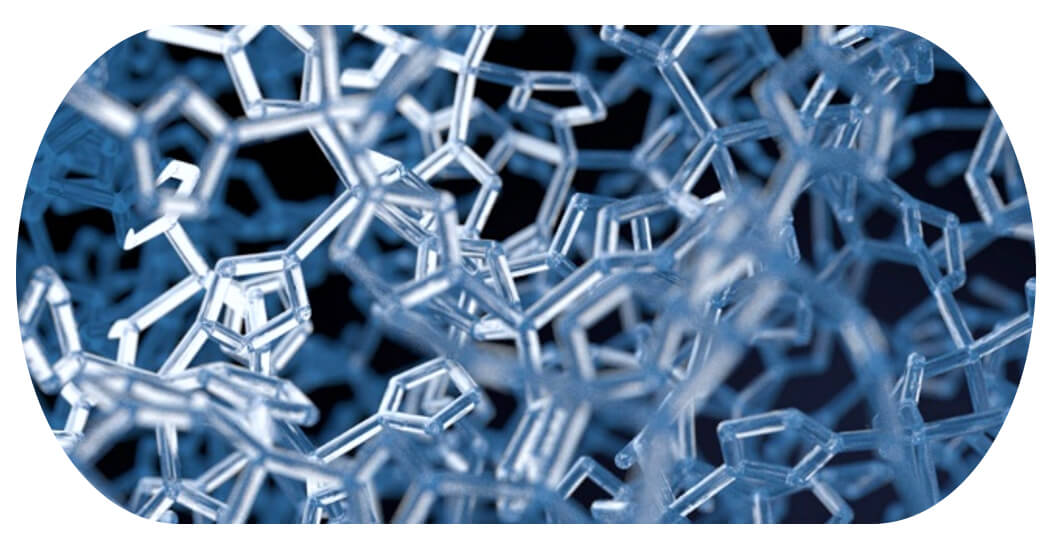
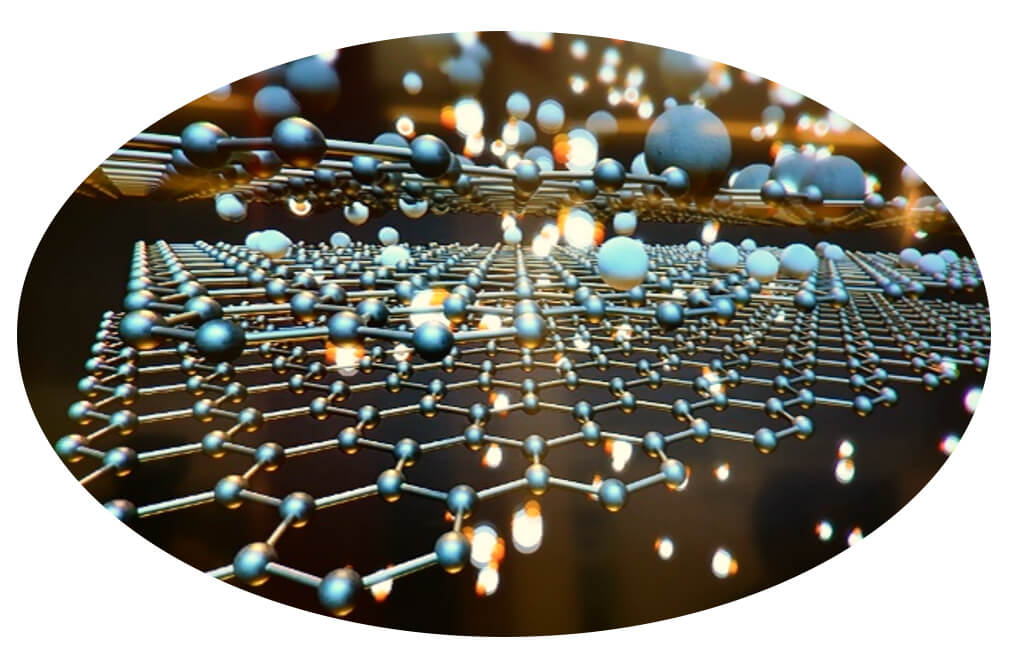


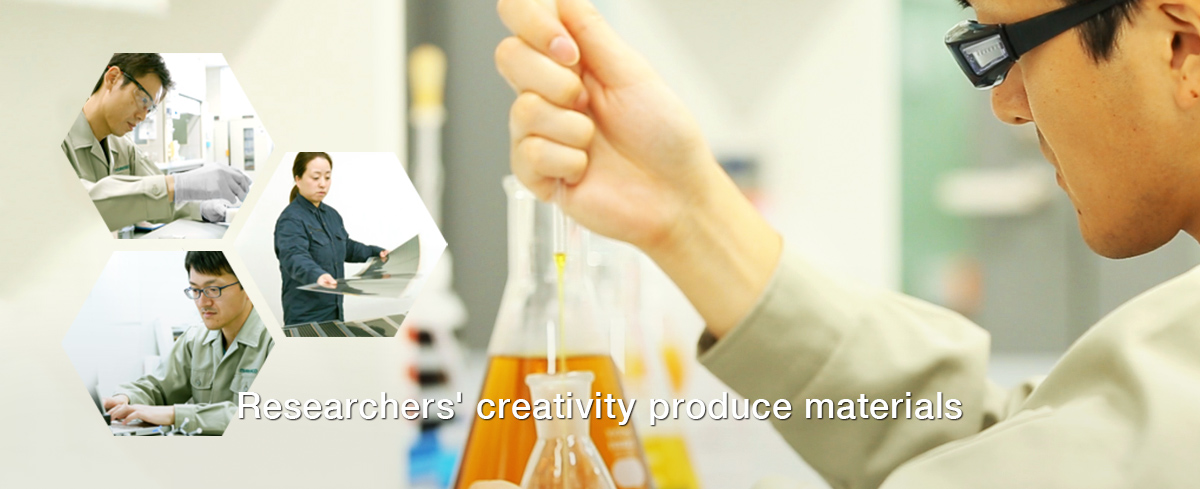





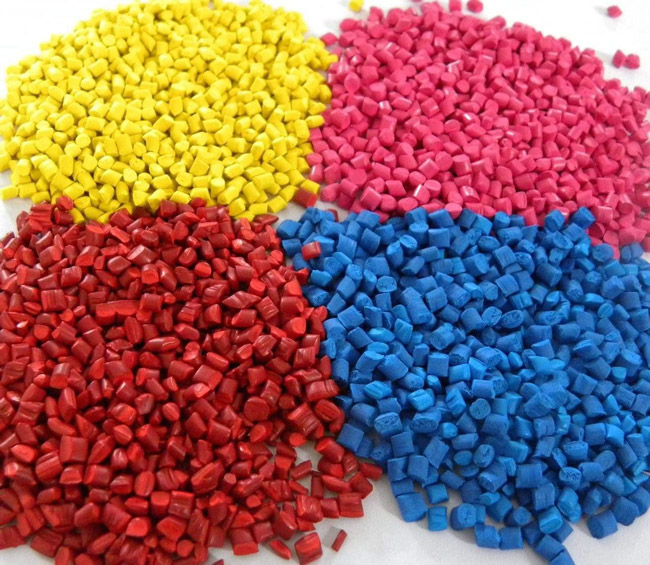

Comments